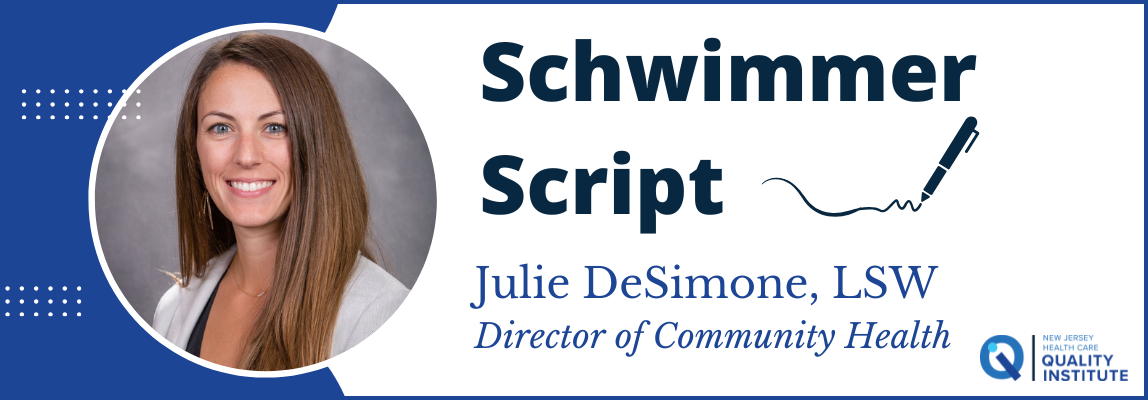Fall days and “back to school” highlight the urgent need for stronger mental health services and systems to ensure every child can thrive both academically and emotionally. To meet this rising need, the Quality Institute, with funding from the New Jersey Department of Children and Families, is leading a far-reaching initiative called: A Clearer Path to Care: Mapping New Jersey’s Children’s Mental Health System.
The goal is to delve deeply into New Jersey’s systems of mental health care for children and make policy recommendations based on the findings. In this effort, we are asking, where does the system work well; where is there duplication or disconnects; where are there gaps in access? The goal is to make the current systems more transparent to those who fund and use them and to propose policy changes that make these systems easier to navigate and better coordinated for families, educators, and health care providers across the state. We began the project in 2025 and will conclude in the middle of next year.
This project was supported, in particular, by Senate President Nicholas P. Scutari, who has championed children’s mental health in New Jersey. The Quality Institute was selected because of our extensive experience in bringing people together to craft health policies that improve health care safety, access, and quality.
To guide our work, we created an advisory committee comprising subject matter experts and diverse voices such as mental health and other clinicians, school nurses, educators, insurers, family law attorneys, health system administrators, and policy experts. The committee meets monthly and will contribute to the policy recommendations.
To truly understand the children’s mental health landscape, we are exploring available services, the delivery of care, eligibility requirements, and payment limitations. Our team is interviewing people on the ground, through focus groups as well as one-on-one interviews. We’re engaging families, providers, community organizers, health systems, and educators. We also are accessing data from the state on utilization of services, access, and outcomes.
Much work remains. Yet already we have some key findings that I can share with you here. Workforce shortages in child psychiatry and developmental pediatrics drive long waitlists and inconsistent care due to staff turnover, undertraining, and low reimbursement rates that push providers out of Medicaid and commercial insurance. Critical service gaps exist for autism, eating disorders, and substance use disorders, with families insured through Medicaid facing the fewest options. Transitions between levels of care often are poorly managed, particularly for youth in the foster care system, who often remain in emergency or out-of-home placements due to housing shortages.
Parents shoulder much of the burden navigating fragmented systems, needing more education and support to follow through on referrals, reduce stigma, and manage their own mental health challenges. Meanwhile, socioeconomic barriers —including transportation, high co-pays for middle-income families, food and housing insecurity, and limited language support outside hospitals — further restrict access.
We need to better understand our systems from the ground up to most effectively improve them. We all want a mental health system that works for every child in our state, regardless of their income, insurance, or where they live. Improving mental health support systems for children will create healthier adults and a stronger future for our state.
To deepen our insight and work, we would like to hear from you. If you would like to be interviewed or provide input on the project, please contact me through this form.

